How Microsoft showed it only cares about the US market
If you don't live in the United States, Microsoft doesn't care about you
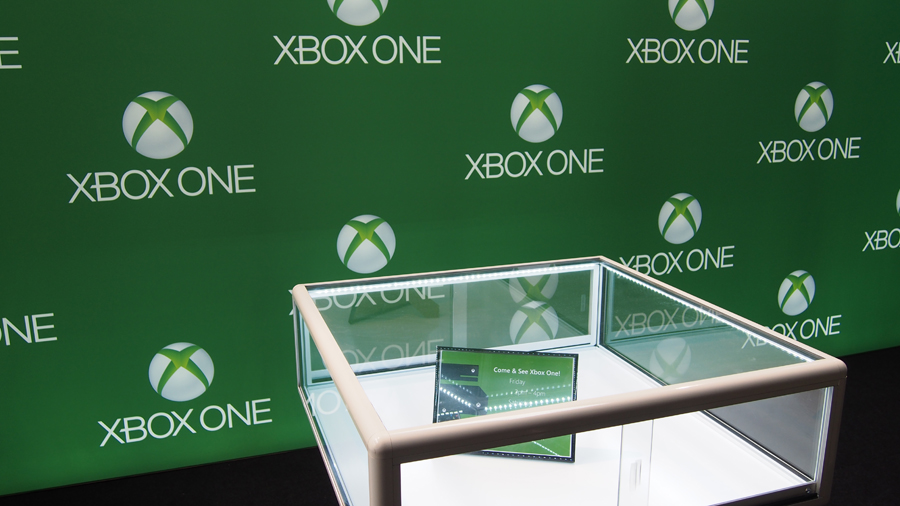
Like many passionate gamers, I woke up in the early hours of a Sydney morning back in May to hear Microsoft's vision for its Xbox One games console.
And like many passionate gamers, I wish I'd slept in.
Microsoft's flawed approach to its next-gen console launch has been analysed and derided by pretty much everyone, so much so that the company decided to reverse some of its key decisions for the console.
But stupid marketing decisions aside, one thought that stuck with me while watching the keynote's live stream was that the console was made for the US market.
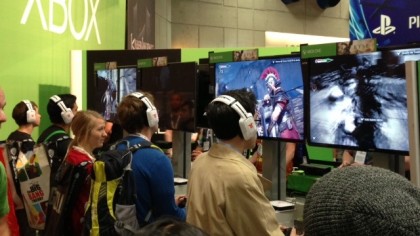
After all, with an emphasis on television capabilities - a feature that will be almost useless outside of America thanks to the world's varying broadcast standards - it was clear that Redmond was keen on marking the USA as its territory.
Even discussions with local Microsoft people couldn't change the feeling that global availability was merely tacked on to the console as barely an afterthought.
But with the shifted focus to games at E3, I thought for a moment that perhaps my worries were unfounded.
Sign up for breaking news, reviews, opinion, top tech deals, and more.
But, no. Microsoft doesn't really care for international gamers, and the evidence was at PAX Australia, in an empty glass case for thousands of Australian gamers to see.
PAX vs Comic-Con
Fast forward four months and shine the spotlight on last weekend. Two massive game and nerd culture expos were happening simultaneously, each on opposite sides of the globe.
In San Diego, Comic-Con was busy revealing details about the Batman and Superman crossover film, the bad guy in the next Avengers flick, and letting gamers get their hands dirty with both the PS4 and Xbox One.
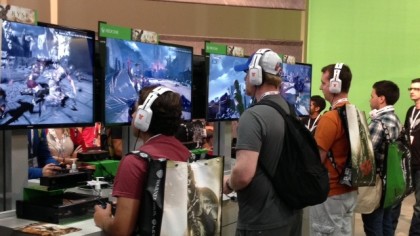
With more than 20 Xbox One consoles on the floor for geeks and cosplayers to wander up to and actually experience in the flesh, Microsoft was doing a great job of letting show-goers actually experience the games on the Xbox One.
And as a games console, that's a pretty important step. Especially if you've stuffed up the launch as badly as Microsoft did.
But on the other side of the globe, at the inaugural PAX Australia event, things were nowhere near as positive.
A small stand on the main show floor, adorned in the green of the Xbox brand, spent most of the weekend populated by an empty glass box.
Well, not quite empty. Inside, a notice indicated the two-hour windows that PAX visitors could wander by to see the next-gen console, locked up inside the glass box.
There were no screens running trailers, no pictures of the console on the wall and not even a rogue Xbox 360 to entertain our thumbs at the Microsoft stand.
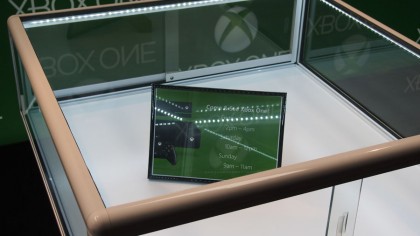
A Microsoft rep even confirmed that the reason the stand was empty was because Microsoft only had the single console available, and needed to use that device to power the company's Xbox One keynotes at the event.
So while American Comic-Con attendees were busy trying out the new console's upcoming games, Australian PAX attendees were watching an empty glass box and asking themselves why they would want to spend their money on a console that can't even show up to its own stand at a games expo.
To rub salt in the wound, Microsoft did announce when Australians would be able to try the console for the first time: at the EB Games Expo in October there will be an abundance of Xbox One consoles for gamers to play.
But that still feels like lip service to a crowd of show-goers who missed out entirely.
Feeling X-boned
To be fair, I can think of a dozen reasons why Microsoft would decide to focus its efforts on Comic-Con compared to PAX Australia.
Sheer volume of foot traffic at the respective shows is probably reason in itself. Even though PAX was a huge success, it wouldn't have touched the attendance levels of Comic-Con.
Then there's the respective market sizes. The US population outranks Australia by about 14 to 1. Microsoft is always going to make a lot more money out of America than Australia, so it makes sense to direct the limited amounts of pre-release hardware to where the money is.
Then there's the fact that Sony was also offering playable PS4 consoles at Comic-Con, but didn't have a presence at PAX. Microsoft needed to head off the challenge from its Japanese rival in a way it didn't have to concern itself with in Australia.
But despite all of those reasons, Microsoft's pathetic presence at the Melbourne show only amplified the negativity around the console's already troubled launch.
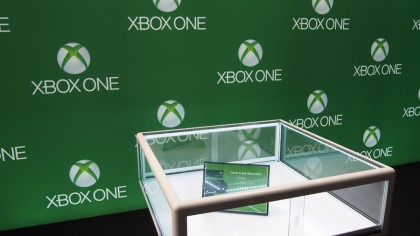
Multiple times in the PAX media room I overheard other journalists stating that Sony still managed to outshine Microsoft at PAX, despite the fact that it wasn't even at the show.
There's absolutely no doubt that the new Xbox is off to a horrendous start in the next-gen console wars. But if it wants to make up ground, it needs to spend less time with its American blinkers on and more time looking at the big picture.
Because even though America has 14 times the population of Australia, it still only accounts for less than 4.5 per cent of the global population.